By Bessie Sorsby
Arriving at St John’s Rutsya, Sus, Kate and I were surprised to be met by a high-tech computer lab and library stocked with some of the most pristine textbooks to ever survive life in a secondary school. The obstacles St John’s faces are not stark, and unlike many Ugandan schools, it is not lacking in traditional educational resources. For us, this means that the room for improvement is harder to recognise.
Our challenge was to imagine a creative solution; thankfully, EPAfrica has a ‘central pot’ of money from donors aside from the money that PWs fundraise, part of which is reserved for ‘innovative’ projects.
Two clues helped to indicate potential areas for investment. Firstly, the difficulty in locating the key to the computer lab. Secondly, the beauty of the books themselves. St John’s clearly had the necessary paper resources, but students were neglecting them. This under utilisation of school resources has a negative impact on students’ revision strategies and study skills, and is a factor in their below-potential academic performance.
During my own A-level experience, I remember desperately making use of online resources to supplement my notes. In particular, websites such as Khan Academy were invaluable, as they provided videos that explained topics in a different way and walked users through questions. What has proved successful with the other millions of users of Khan Academy made sense to share with the students at St John’s.
Internet connections have been successfully established by EPAfrica at schools in the past, and could have been implemented in St John’s, in order to enable students to access sites such as the Khan Academy online. However the financial situation of our school meant a monthly subscription might not be sustained, and that an internet connection would last no longer than our time in Uganda.
The RACHEL software is a project run by World Possible, a charity committed to giving every child access to a quality education, and not simply those who are conveniently located next to an internet connection. RACHEL is a compilation of lots of really useful information, including an encyclopaedia on health, a tailored version of offline Wikipedia designed for school kids, and over 2000 Khan Academy videos on maths and science.
That some thoughtful strangers we’d never met had anticipated and created the perfect solution to our problem was (of course) too good to be true. Downloading 32GB of data from their website to our USB sticks on the WiFi in Ugandan internet cafés would take the best part of our adult lives and more patience than anyone is capable of. After a few solid days of throwing a tantrum, along with any unfortunate objects that happened to be too close, a final solution was devised involving the download on UK soil (and the UK’s speedy broadband) before a tiny USB sized parcel and its precious load was shipped thousands of miles to our Mbarara PO Box. The extensive searching at the Post Office was one of the less wonderful moments of my life.
But it arrived! All the envel-hoping paid off and we have now begun training the teachers, who will in turn teach the students themselves how to use the software. Much more important than us just demonstrating the videos is showing how the software can be useful for both students and teachers throughout the school year. A more interactive and student-centred method of learning not only aligns with the direction of the new Uganda government curriculum, but has also been consistently proven to be the most effective way of teaching.
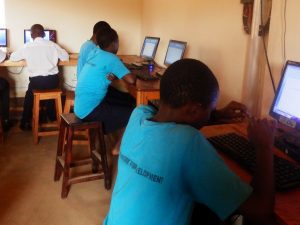 As well as improving language skills, students will be improving their ICT skills, a compulsory exam for O-level Ugandan students. Furthermore, a more entertaining and engaging form of learning will hopefully encourage students to make more use of their existing computer lab to study more effectively. For the teachers, the software also offers a handy accompaniment to textbooks and greater ease of lesson planning and delivery if used during class time.
As well as improving language skills, students will be improving their ICT skills, a compulsory exam for O-level Ugandan students. Furthermore, a more entertaining and engaging form of learning will hopefully encourage students to make more use of their existing computer lab to study more effectively. For the teachers, the software also offers a handy accompaniment to textbooks and greater ease of lesson planning and delivery if used during class time.
The most exciting aspect of this project is the potential for future expansion. Schools tend to desire computer labs as prestigious symbols, which also attract new students. As a result, there is a wealth of situations in which to implement the software and enhance existing facilities. Preparing the USBs in the UK will lead to faster delivery, allowing longer time to train staff and closer monitoring of students’ use of the software. Through this, we can aim to mitigate the main risk of such projects: that the software sits idle.
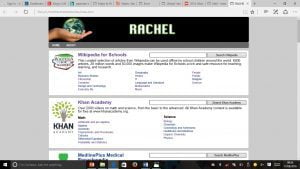 Having lived and worked with this year’s PWs for seven weeks now, I have every confidence in handing over this project to the next generation of EPAfrica volunteers to see how widely offline resources can be used, and how much progress can be made with them.
Having lived and worked with this year’s PWs for seven weeks now, I have every confidence in handing over this project to the next generation of EPAfrica volunteers to see how widely offline resources can be used, and how much progress can be made with them.

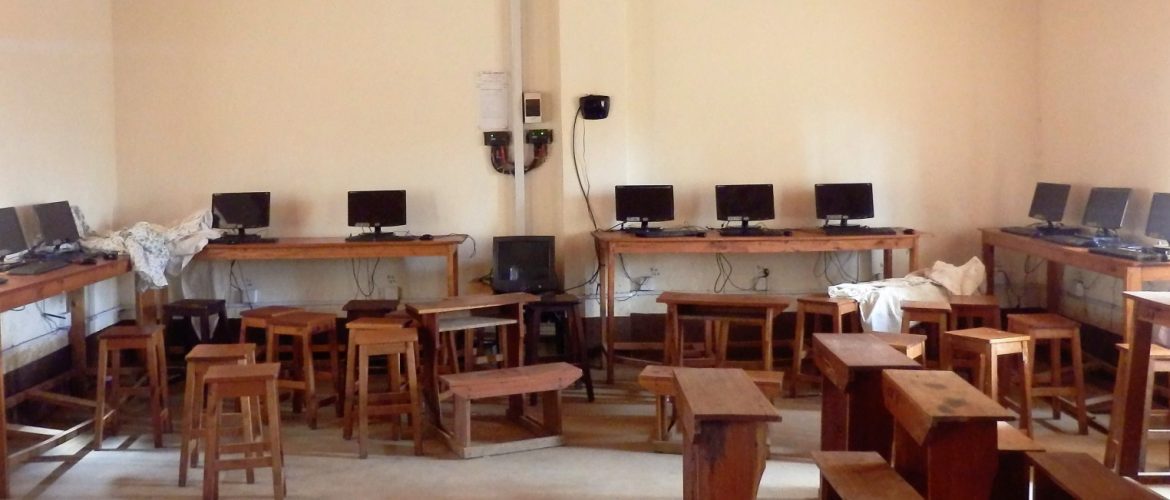
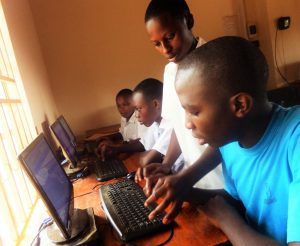
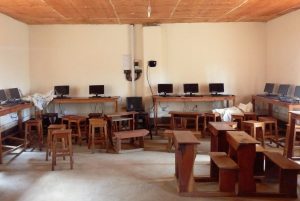

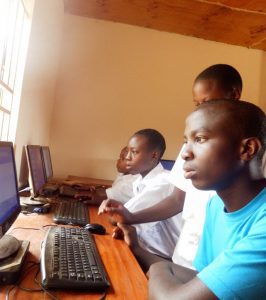

You must be logged in to post a comment.